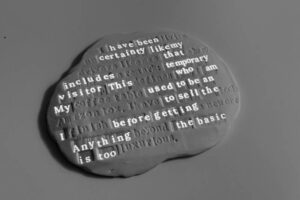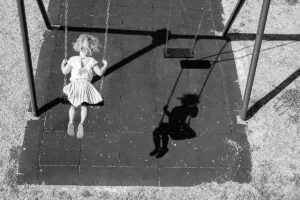 The singer Grimes has been experimenting with Midjourney’s new AI image editor.
The singer Grimes has been experimenting with Midjourney’s new AI image editor.The AI image generator Midjourney has begun rolling out a web tool that lets anyone upload images and make “powerful” edits.
Midjourney’s founder and CEO David Holz took to the company’s Discord to boast that the new web editor is so powerful that the company is going to “restrict the deployment.”
Users will be able to “retexture images” meaning the details of a picture can be replaced including colors and texture. The singer Grimes is one of the lucky ones with access to Midjourney’s new tool and shared a series of fantastical pictures of her in different outfits she’d created.
playing with the top secret upcoming midjourney image editor
(On a quest for great fabricators to make clothes if anyone has leads of great seamstresses who understand fabrics and structuring unconventional cuts) pic.twitter.com/qPagwdGRn3
— 𝖦𝗋𝗂𝗆𝖾𝗌 ⏳ (@Grimezsz) October 22, 2024
Hunting coyotes in the LA streets and eating them pic.twitter.com/ZztAbNq7ag
— 𝖦𝗋𝗂𝗆𝖾𝗌 ⏳ (@Grimezsz) October 22, 2024
Holz says that he is deploying extra human moderation over the output as well as “more advanced AI moderators which we feel will do a great job.” The CEO also says the company is “not sure how to precisely restrict deployment of this feature” and has put out a survey to get opinions.
In August, PetaPixel reported that Midjourney opened up its AI image generator onto a standalone website after years of only being available via a Discord server.
The new editing tool will also be available on the web raising concerns that this type of deepfake technology is becoming more and more available to the public. A well-documented avalanche of fake and AI-generated images have arrived on the open web in the last year or so leaving many unsure what is a real photo and what is not.
So far, attempts to label AI images have fallen flat with Meta rolling out a botched system and the Adobe-backed C2PA system so far failing to make much meaningful in-roads.
Tech Crunch reports that deepfakes are up 900 percent year on year and a recent poll from YouGov found that 85% of Americans were concerned about misleading AI imagery spreading online.







 English (US) ·
English (US) ·